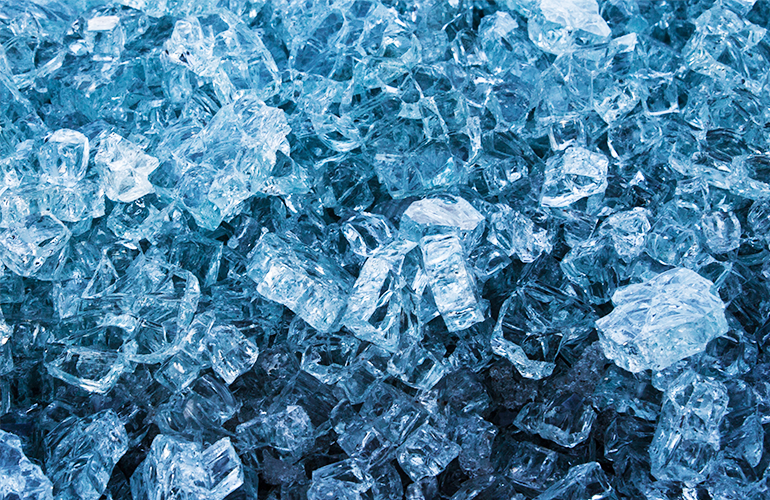Cold temperatures can cause water pipes to freeze. Freezing in a pipe creates a lot of pressure inside and can cause it to break and cause a flood.
The best prevention against frozen pipes is to keep them hot enough to place them above the freezing point. This can be achieved with any of these tips or, better yet, with a combination of them:
# Tip 1: Avoid water stagnation in the pipes and, in the worst case, close the water flow. When it is very cold for a long time, the ideal would be to close the stopcock and empty the pipes with the intention that no water enters the system.
# Tip 2: Seal the holes around the holes where pipes pass through walls or floors, especially where the hole allows cold air to enter. Use putty or foam foam insulation to fill the voids. If possible, seal the holes on the inside and outside of the wall or floor.
# Tip 3: Pipes that are located in areas that do not have adequate insulation, such as basements or attics, may need additional insulation to prevent freezing. Pipes in basements or attics are not the only ones that may not be adequately isolated from the cold. If you have had a problem with freezing pipes anywhere in your home, additional insulation could be the solution.
The pipes can be equipped with foam rubber or fiberglass sleeves to help reduce the chances of freezing.
# Tip 4: If you or your tenants are going to be away for a long period of time, be sure to keep the heating at home. The heat can help prevent the pipes from freezing, and if the pipes freeze and burst, they can cause extensive damage.
